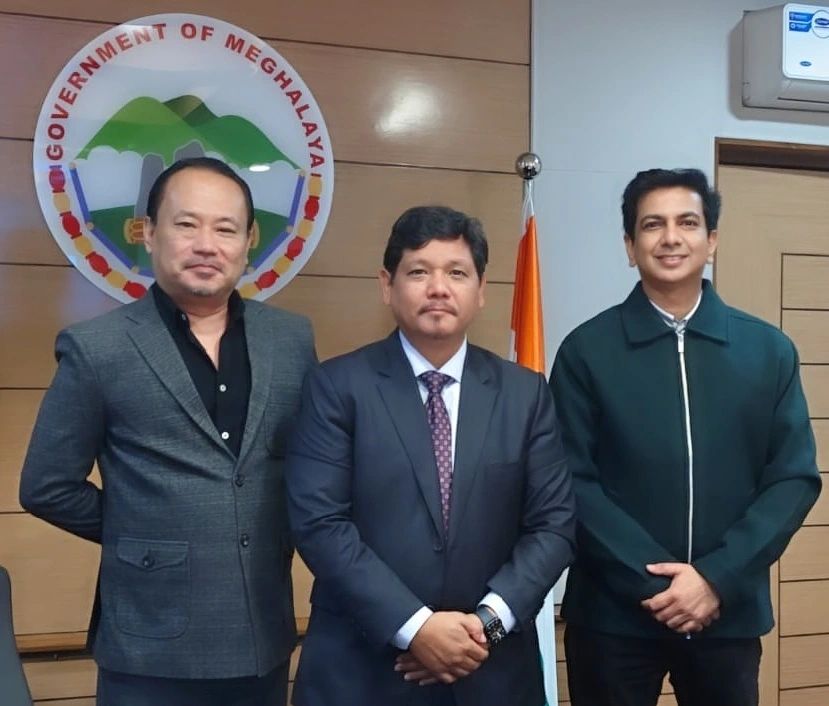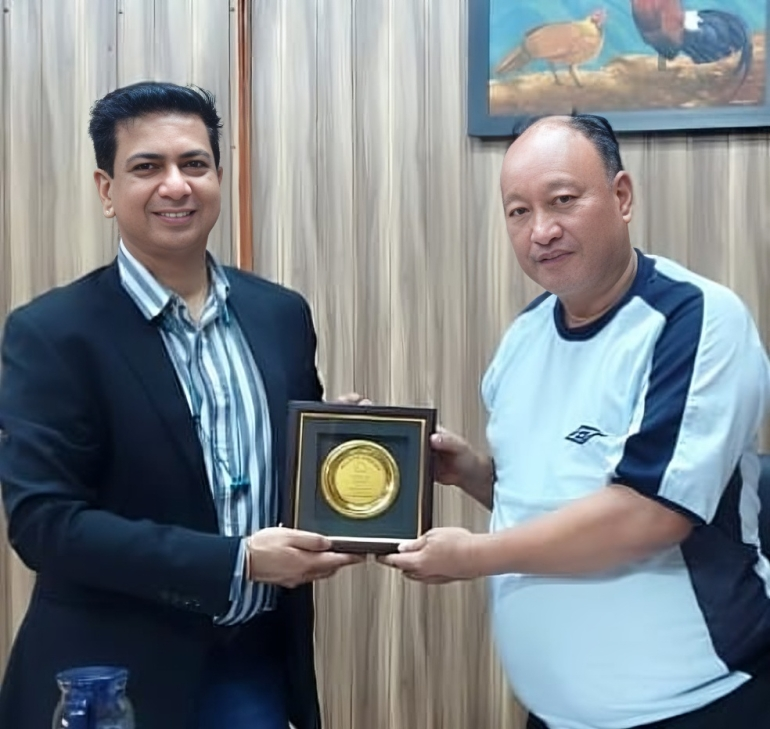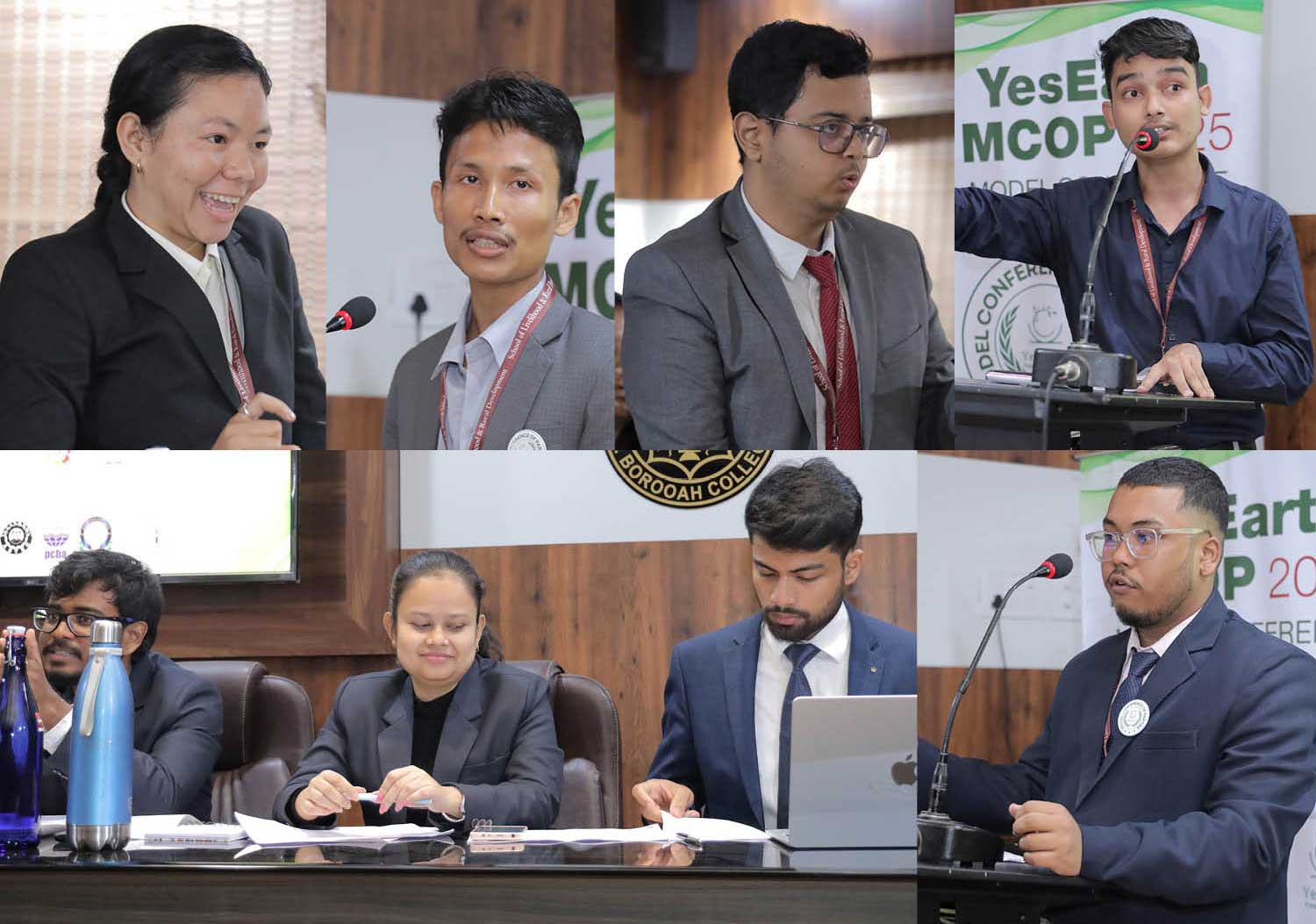Apply through Email: recruitment@yesearth.org (Enclose your resume with a covering letter)
Responsibilities:
Research and Analysis: Conduct scientific research and analysis on various aspects of environmental and climate change issues. This may include studying the impact of climate change on ecosystems, air and water quality, biodiversity, and human health.
Data Collection and Monitoring: Collect and analyze data related to environmental indicators, greenhouse gas emissions, climate trends, and pollution levels. Monitor changes in the environment over time.
Environmental Assessments: Conduct environmental impact assessments (EIAs) and risk assessments for proposed projects, policies, or developments to ensure they comply with environmental regulations.
Climate Modeling: Use computer models and simulations to project future climate scenarios, assess the potential impacts of climate change, and inform policy decisions.
Public Outreach and Education: Communicate scientific findings to the public, policymakers, and stakeholders through reports, presentations, and educational materials. Raise awareness about environmental and climate change issues.
Collaboration: Work with interdisciplinary teams, government agencies, NGOs, and international organizations to coordinate efforts and share information related to environmental and climate change research and policy.
Advocacy: Advocate for sustainable environmental practices and climate action at local, national, and international levels.
Qualifications:
Educational Background: A Master’s degree/ PHd in environmental science, climate science, ecology, or a related field is typically required.
Research Skills: Strong research and data analysis skills are essential, including proficiency in data collection methods, statistical analysis, and scientific research techniques.
Environmental Knowledge: In-depth knowledge of environmental science principles, climate change science, and the ability to stay updated on the latest developments in the field.
Policy Expertise: Familiarity with environmental policies, regulations, and international agreements related to climate change.
Computer Skills: Proficiency in using computer modeling software, data analysis tools, and Geographic Information Systems (GIS) can be beneficial.
Communication Skills: Effective written and verbal communication skills are essential for presenting research findings, writing reports, and engaging with diverse stakeholders.
Interpersonal Skills: The ability to collaborate with colleagues, government officials, and community members is crucial for the success of environmental and climate change initiatives.
Passion for Environmental Conservation: A strong commitment to environmental sustainability and mitigating the effects of climate change is often expected.
Location: Guwahati, Shillong, Bhopal










